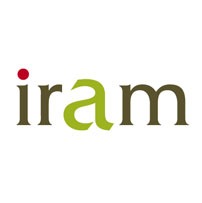As an association offering consulting services for international cooperation since 1957, IRAM pursues activities that promote a less unequal society with sustainable development by combining expertise and a commitment to professional and ethical rigour.
Iram-Développement provides international development services in a wide range of contexts, implements development actions, provides advice and support and conducts studies, training, etc.
| Sector | |
|---|---|
| Countries | |
| Contact | |
| Address |
|
| Online | |
| Keywords |

